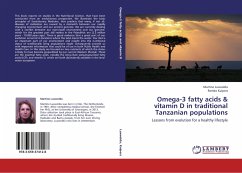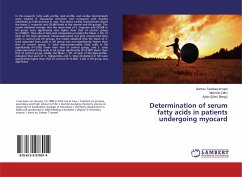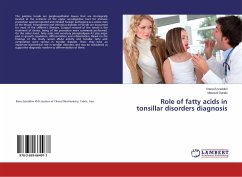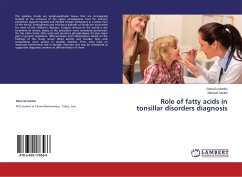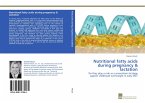This book reports on studies in the Nutritional Science, that have been conducted from an evolutionary prospective. We illuminate the basic principles of Evolutionary Medicine, that predicts that many, if not all, diseases of civilization are caused by a mismatch between our rapidly changing environment and our ancient genome. We are currently dealing with a conflict between our man-made environment and our genome, which for the greatest part still resides in the Paleolithic era (2.5 million years - 10.000 years ago). There is good evidence that a great part of our evolution occurred in locations where the land meets the water. Our diet is an important part of our environment and insight into the nutritional status of traditionally living populations might consequently provide us with important information that could be of use in both Public Health and Health Care. In this study we focused on two nutrients of which the status is likely to have become jeopardized by our current Western lifestyle. These are the essential fatty acids, notably the long-chain polyunsaturated fatty acids (LCP), and vitamin D, which are both abundantly available in the land-water ecosystem.
Bitte wählen Sie Ihr Anliegen aus.
Rechnungen
Retourenschein anfordern
Bestellstatus
Storno

